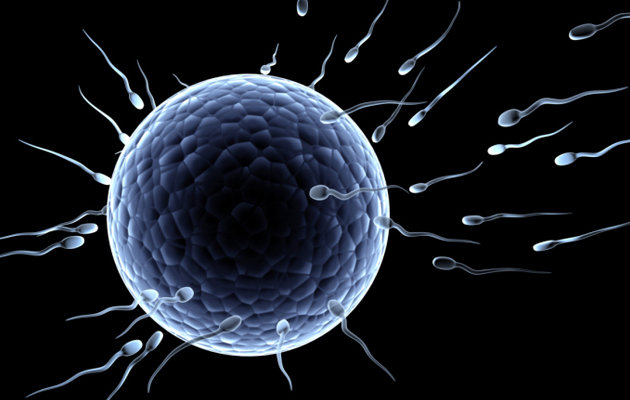As an Infertility Specialist in Jaipur, I frequently encounter various causes of infertility among my patients. Understanding these factors and employing effective diagnostic strategies are crucial steps in helping couples achieve their dream of parenthood. Here are some of the common causes of infertility and the diagnostic approaches used:
Common Causes of Infertility:
- Ovulatory Disorders: Conditions like polycystic ovary syndrome (PCOS) or hypothalamic dysfunction can disrupt regular ovulation, leading to difficulty in conceiving.
- Tubal Factors: Blockages or damage to the fallopian tubes due to pelvic inflammatory disease (PID), endometriosis, or previous surgeries can hinder the sperm and egg from meeting.
- Male Factor Infertility: Issues such as low sperm count, poor sperm motility, or abnormal sperm morphology can impair fertilization and conception.
- Uterine or Cervical Factors: Structural abnormalities in the uterus (e.g., fibroids, polyps) or cervix (e.g., cervical stenosis) can interfere with implantation or sperm transport.
- Endocrine Disorders: Hormonal imbalances such as thyroid disorders, elevated prolactin levels, or inadequate production of reproductive hormones can affect fertility.
- Age-related Factors: Advanced maternal age can reduce ovarian reserve and diminish egg quality, while advanced paternal age may impact sperm quality.
- Unexplained Infertility: In some cases, despite thorough evaluation, the precise cause of infertility remains unclear, posing challenges for diagnosis and treatment.
Diagnostic Approaches:
- Comprehensive Medical History: Detailed inquiry into the patient’s reproductive health, menstrual history, previous pregnancies, and any known medical conditions.
- Physical Examination: Assessment to detect signs of hormonal imbalances, anatomical abnormalities, or conditions affecting reproductive organs.
- Ovulation Assessment: Monitoring menstrual cycles and using methods such as ultrasound or blood tests to confirm ovulation and assess ovarian function.
- Semen Analysis: Evaluation of semen quality through semen analysis, assessing parameters like sperm count, motility, morphology, and presence of any infections.
- Hormonal Testing: Blood tests to measure levels of reproductive hormones such as follicle-stimulating hormone (FSH), luteinizing hormone (LH), estradiol, progesterone, and thyroid hormones.
- Imaging Studies: Transvaginal ultrasound to examine the uterus, ovaries, and fallopian tubes for structural abnormalities or ovarian reserve assessment using antral follicle count.
- Hysterosalpingography (HSG): X-ray procedure to evaluate the uterine cavity and fallopian tubes for abnormalities, blockages, or structural issues.
- Diagnostic Laparoscopy: Minimally invasive surgery to directly visualize and diagnose conditions such as endometriosis, pelvic adhesions, or tubal disorders.
- Genetic Testing: Screening for genetic disorders or chromosomal abnormalities that may impact fertility, especially in cases of recurrent pregnancy loss or family history.
- Specialized Tests: Depending on individual circumstances, additional tests such as anti-Müllerian hormone (AMH) testing for ovarian reserve or genetic testing of embryos (PGT) may be recommended.
By utilizing these comprehensive diagnostic approaches tailored to each patient’s specific situation, Infertility Specialists in Jaipur can accurately identify the underlying causes of infertility and formulate personalized treatment plans. This personalized approach not only enhances the chances of conception but also provides supportive care and guidance throughout the fertility journey, ensuring the best possible outcomes for their patients.




.png)

Comments